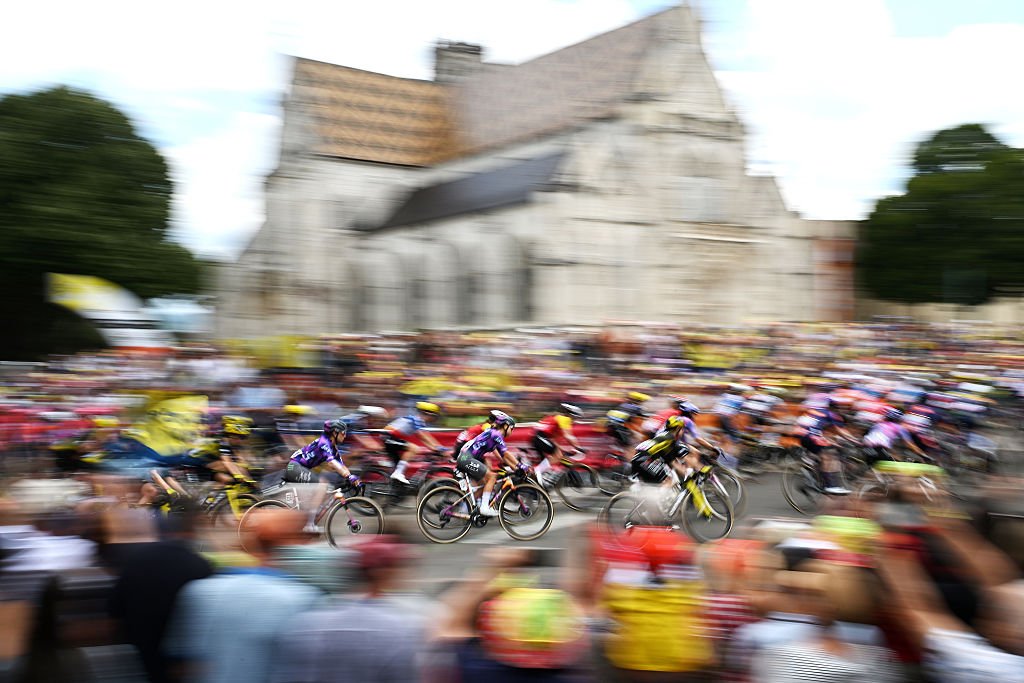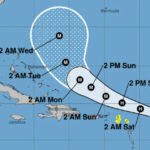The Cyclists Alliance has renewed its calls for the UCI to update the medical programme for Women’s WorldTour teams so that athletes undergo a mandatory screening for REDS – Relative Energy Deficiency in Sport – and bone mineral density testing annually.
The call comes after a Tour de France Femmes, which brought issues surrounding REDS, disrupted menstrual cycles, weight and performance firmly into the spotlight, right from steps to raise awareness and educate on the issue through rider activism to questions focused on issues surrounding rider weight at post-race media conferences.
“We are constantly working towards making professional cycling a sustainable and fulfilling career for women,” Cyclists Alliance President Grace Brown said in a statement. “Rider health and wellbeing are vital for career longevity.
“The current system is not set up to protect female health, so I believe it’s our duty to continue educating and advocating for better standards that allow women to perform with well-fuelled, strong, and happy bodies.”
The alliance noted that it was disappointed that women in sport receive a disproportionate amount of scrutiny about their bodies compared to their male counterparts and that it was committed to “encouraging positive change in the peloton and to taking practical steps to make that happen”.
One of the practical steps that the organisation has been trying to encourage is the introduction of the mandatory screening for REDS and of bone mineral density via UCI regulations, having put forward a proposal in November last year to include this in the medical programme for UCI Women’s WorldTeams.
“We today invite the UCI to reconsider our proposal, and we offer our support and expertise,” said a statement from the Cyclists Alliance, which put together a screening protocol when it first made the suggestion in 2024.. “While we appreciate that this may require some work to ensure appropriate implementation, we believe that it is more than worth the effort to introduce some form of protocol for both female and male cyclists racing professionally under the UCI.”
Cyclingnews sought comment from the UCI on the issue via email, which said in response: “The UCI has been working on this topic for several months and is currently continuing its discussions with its medical experts. An official announcement will be made in due course.”
The International Olympic Committee put out a consensus statement, informed by a panel of experts, on REDS in 2023, emphasising that it hoped it would stimulate action from sports organisations and other stakeholders. The International Federation of Sports Climbing introduced a policy with a multi-faceted screening procedure at the start of last year, but to this point there hasn’t exactly been a rush of other federations following suit.
The Cyclists Alliance would like that to change where cycling is concerned and is continuing its work on the issue. Earlier this year, the independent voice for women’s professional cycling put together a working group of riders and experts in the field to examine the issues surrounding the topic of nutrition, (low) energy availability and REDS in cycling. The organisation will also be launching an education and awareness campaign on rider health and wellbeing in autumn.
“Rider health and elite performance must go hand in hand,” said the statement from the Cyclists’ Alliance. “The sport today has more than enough scientific knowledge, insight and human experience to create sustainable, ethical performances which do not compromise rider health.”



















































